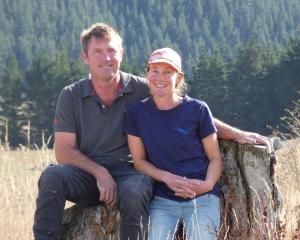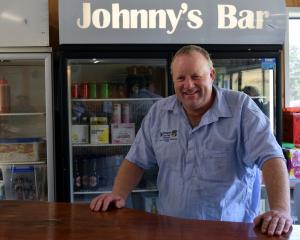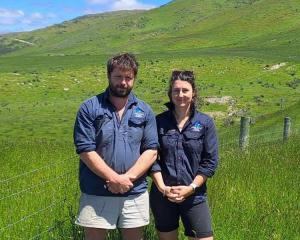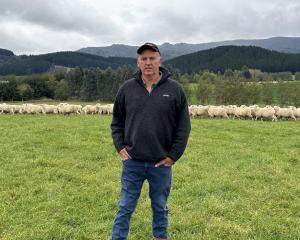
Q Tell us a little about yourself, including your background and a little bit about your involvement with the Primary ITO, as well as other groups you might belong to?
My name is Blair Wells and I am originally from Invercargill, but have lived in Alexandra for the past 17 years.
I have been happily married for 27 years and have two wonderful daughters.
I have a background in agriculture, educational training and retail management and I have been with Primary ITO for the past 14 months.
Q What do you do within your job with Primary ITO and why did you decide to become involved in rural education?
My role for Primary ITO is as a training adviser.
Part of this role is about networking, getting to know business owners and workers and discussing training opportunities for them.
From there, when they enrol in training we facilitate and provide all the resources.
We regularly visit the employer and trainee to help them if needed to ensure they are able to get their training completed on time.
I decided to be involved in rural education because I really wanted to help young people reach their potential and further their careers, which in turn helps rural businesses grow.
Q What are some of the challenges or issues you deal with around education for young/rural people in Otago and Southland and how have you addressed some of those?
One of the challenges is getting young people to realise there are career opportunities in the rural sector.
University is not the only way to have a meaningful future and provide for yourself and your family.
Apprenticeships on farms, orchards and gardens are a great way to earn while you learn.
They offer a real opportunity to start learning the ropes, and end up running or even owning the place.
Q What achievements generally are you most proud of and what have been their outcomes?
Encouraging trainees to pass their courses and then seeing them receive their well-deserved certificates. I could not ask for more.
Q What goals do you still have within your PITO role?
My goals are to help grow our industry and encourage people to reach their potential by placing them into training and gaining a worthy qualification.
Q How hard [or not] is it to attract young people into careers in the various horticulture and agriculture sectors and what would you like to see happen at national and local levels to make those sectors more attractive?
I believe the horticulture industry needs to do more in promoting these amazing opportunities. Very few youth seem to know or understand how their fruit and vegetables get to their plate.
It would be great to see more advertising in the media that young people use, like Facebook, Instagram and others.
Q Are there any specific agriculture or horticulture sector industries which are struggling to attract young people to work within them more than most, and how can that be addressed?
I think all horticulture industries are struggling to attract young people.
To address this we have to get into the high schools and talk to the students, the teachers and careers advisers and show them what opportunities are there.
You could start on a small fruit salad orchard in Otago and end up marketing our products in China.
You could start learning about grapes, land and wine in Bannockburn and then next year use your skills to harvest in the Burgundy region in France.













